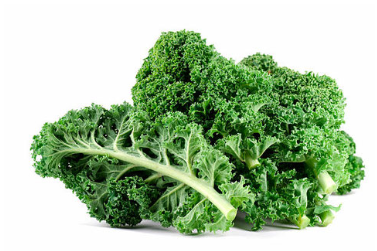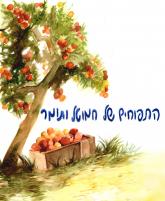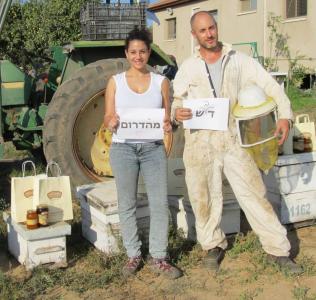Roquette is a curious vegetable. On the one hand, it’s often categorized low on the food chain, grouped with leafy greens like a fancy kind of lettuce. On the other hand, it’s a regular ingredient in fine dining, frequently seen alongside premium meat and fish dishes in Michelin-starred kitchens.
So, who are you, Roquette? To answer this, we need to clear up a common misconception: many people believe "Roquette" is simply another name for "arugula."
The truth is a bit more nuanced. Roquette and arugula are indeed similar (both have that peppery, mustardy taste), yet they are technically two different plants—or close to it. Remember our conversation about cauliflower and broccoli? Roquette and arugula share a similar relationship.
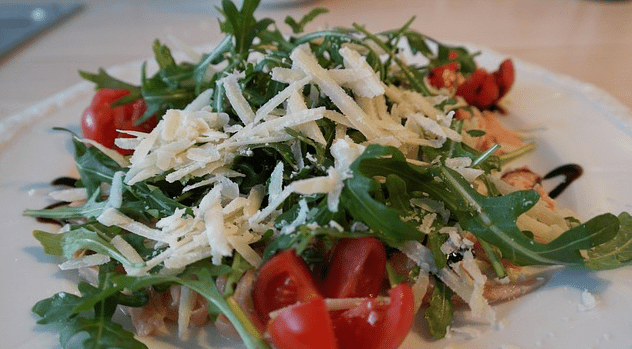
Both belong to the Brassicaceae family and are close botanical relatives with a common ancestor. However, while arugula is a perennial that has long been cultivated as an agricultural crop, Roquette is an annual plant that grows wild in Israel and grows naturally at the start of winter—right around now.
This confusion between the two is so widespread that arugula is often sold as Roquette and vice versa. Roquette also has a lovely Hebrew name, "Ben Hardal Matzui," and is called "jarjir" in Arabic.
Despite its modest appearance, Roquette leaves are a powerhouse of nutrients, rich in iron, potassium, vitamins, and minerals, along with an antioxidant called lutein, which may help prevent certain types of cancer.
That said, the main reason to include Roquette in your diet is simply that it’s delicious. Yes, it has a touch of bitterness, but Roquette isn’t meant to stand alone (though I love making a salad where it’s the main ingredient). It’s a complementary green, bursting with flavor compared to regular lettuce, with a rich depth that combines peppery and mustardy vibes.
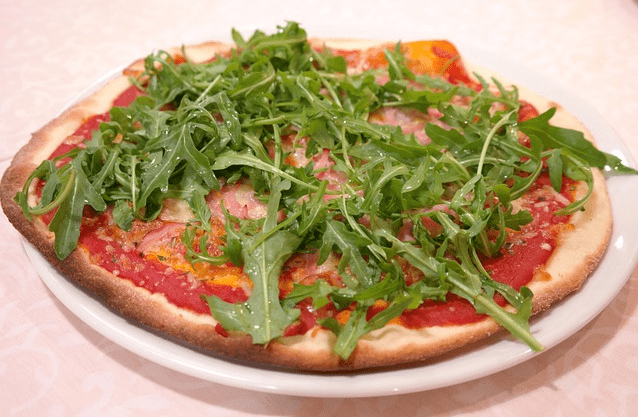
You can enjoy Roquette fresh in salads, ceviche, or as a topping for burgers. It also works wonderfully in stews and soups and even makes a fantastic base for pesto. Yes, pesto! Roquette can be a great alternative to basil, adding a unique, spicy twist to the classic green sauce.
By the way, Roquette grows wild in Israel, and now, after the first rains, you can forage it around the Jordan Valley or the Golan slopes. Or, for a little less effort, you can pick up fresh, organic Roquette straight from our store or vegetable box!


